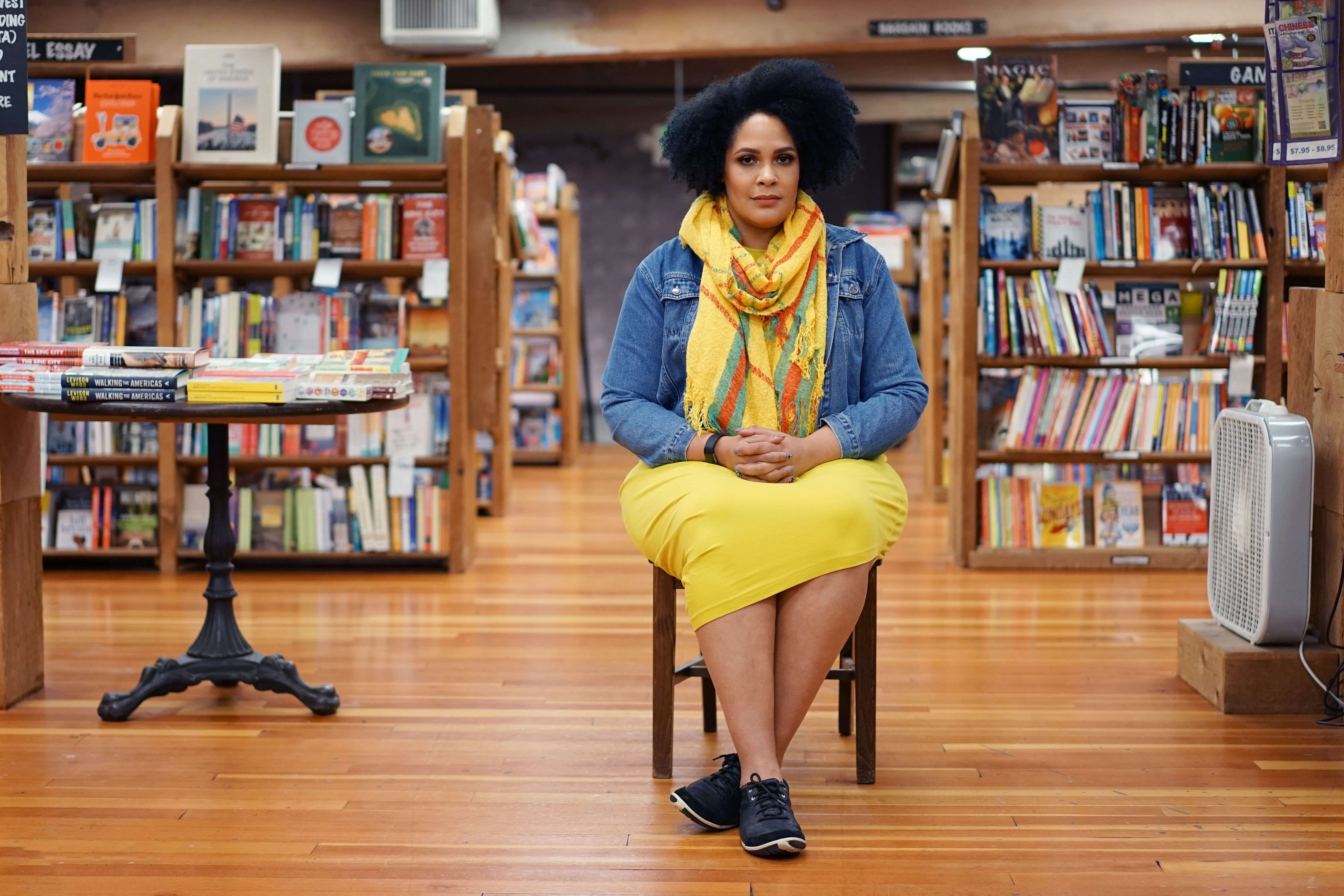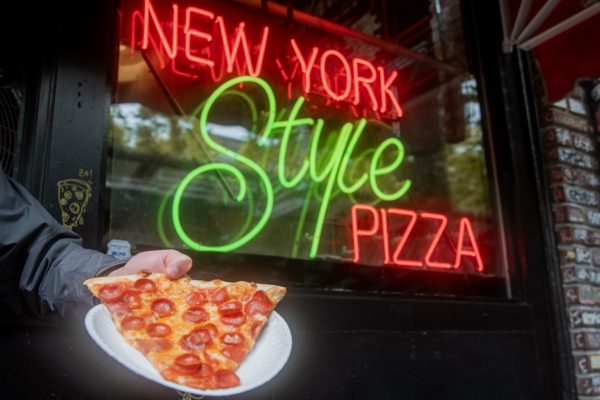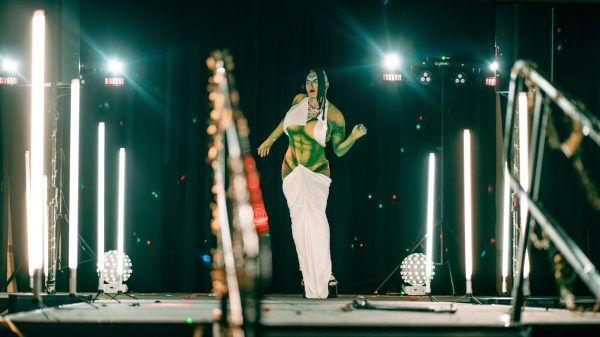Ijeoma Oluo gets real about Race at Elliot Bay
Recently released and critically acclaimed book, “So You Want to Talk About Race,” by Ijeoma Oluo serves as a vehicle for Oluo’s analysis of the current racial current discourse. A sort of how-to guide and encyclopedia, the book explains common phrases that some people, even in the liberal city of Seattle, are still unfamiliar with.
Oluo brought her book to Elliott Bay Book Company March 7, in an event where she read from sections of it and conducted a Q&A session with the audience.
She uses each chapter of her book to answer questions commonly asked of her and other people of color, ranging from the meaning of the phrase “check your privilege” to microaggressions. Throughout her works, Oluo maintains that racism is not fought by “fixing” individual racists, but instead by tackling systemically racist institutions.
Previously working in the tech industry in Seattle, Oluo saw that despite being in such a progressive area, her colleagues were silent on blatant issues of racism and preferred to think of Seattle as a utopia where racism doesn’t exist.
She pointed to the underwhelming and faded response to Charleena Lyles’ killing, in which she was shot by a police officer in front of her children, as an issue that few white people seem outraged at.
“There’s a lot of ignorance here because people can go through their whole day not seeing a single person of color and so then they imagine themselves as people who would make sacrifices that they’ve never tried making,” she said.

Ijeoma Oluo signed copies of her new book, “So You Want to Talke About Race,” at Elliott Bay Book Company last week.
Oluo said that white family members and friends may mean well, but can often be blind to their loved ones’ struggles with racism. Oluo has a white mother and a black father, and she said that she had to have a frank conversation with her mother in which she addressed the fact that her mother’s love for her was not enough to protect her from racism. Her mother needed to recognize her privilege and accept that she wouldn’t always get it right when it came to issues of race.
Reading from a section of her book on cultural appropriation, Oluo recounted a time in the SeaTac airport when she was offered a glimpse of hope of representation when she saw a restaurant, Africa Cafe, only for it to be a guise for average American food paired with zebra print walls.
Later in the chapter, she explained that cultural appropriation is dependent on a power structure in which a particular culture is less respected and is only taken on as a style or costume. She gave the example of rap, noting that the art form has a deep historical background in slavery and as a form of expression against oppression, but that most only claim a love for it because of the beat. She said that loving a piece of a culture means acknowledging the historical contexts and the pain it was born of, not only the profit and image it produces.
Olou recommends that people listen when people of color say an action hurts them and to act accordingly.
“And if that means that your conscience won’t allow you to dress as a geisha for Halloween, know that even then in the grand scheme of things, you are not the victim,” she said in her book.
On the question many have of “How can I be a good ally?” Oluo said plenty of others have asked this question, and that referring people to the internet is an entirely valid strategy. She said that people can do their own work to read literature that can answer that same question.
Ultimately, she recommended that white allies use their power in their own space with other white people to enact change.
Throughout her book and consequent discussions, Oluo emphasizes that people of color cannot avoid these uncomfortable situations and conversations, and that the ability of white people to escape these discussions is a privilege in itself.
Oluo said that people will enact tests on people of color to determine how much they can get away with, and she reminded the audience to never indulge these tests. She recommended using the simple phrase
“What do you mean by that?” to let others know that the discomfort lies on them and set expectations.
She also recognized the privilege of white people in speaking up to friends who make racist comments. She said that white people have no excuse for saying nothing, as they typically are not at risk for anything more than an awkward conversation.
Oluo said that people can make a start by putting their own ego aside and accepting that they have probably done something racist in their life.
“People in Seattle like to continue to define racism on these grand terror scales, like it’s people burning crosses, and not looking at the fact that in this city, our children of color are being undereducated, they’re being disproportionately expelled,” she said, “People don’t want to look at that and say that’s real racism and it is. And it can be very hard to live here because nobody wants to talk about it.”
Sofía may be reached at
[email protected]










